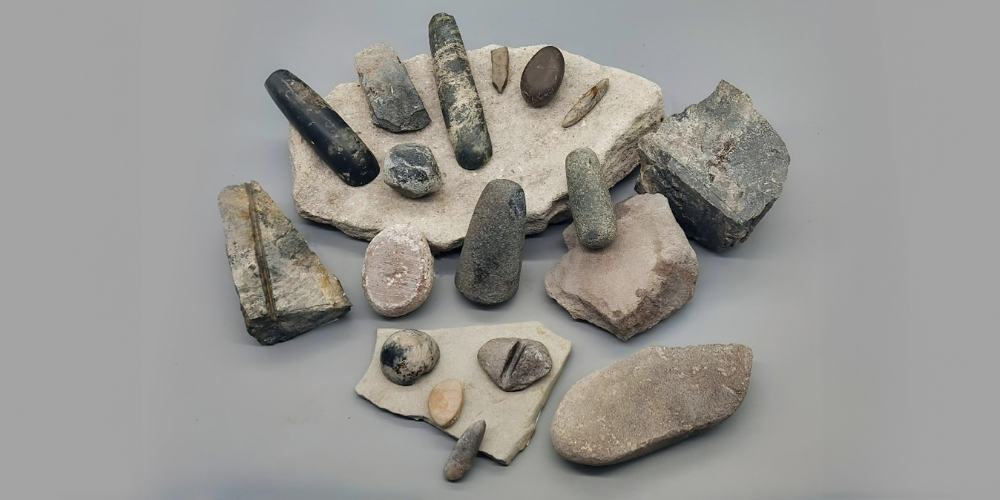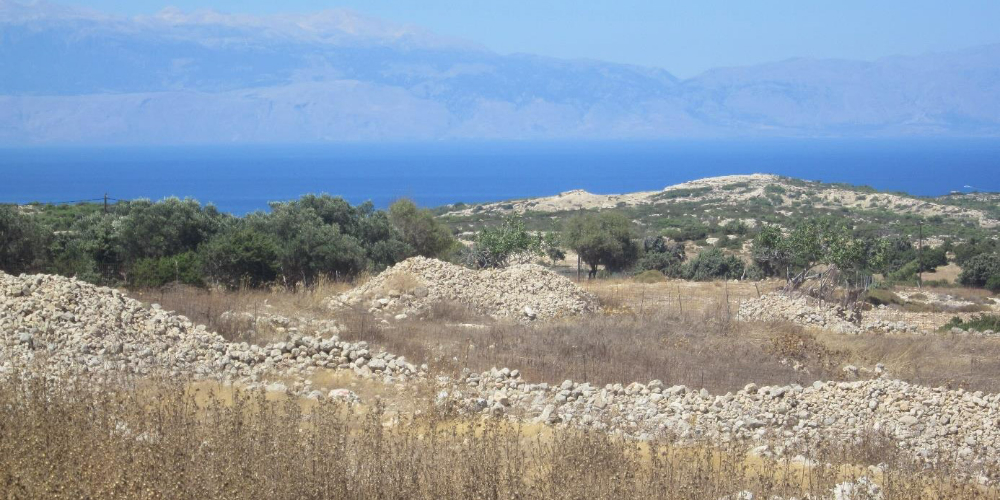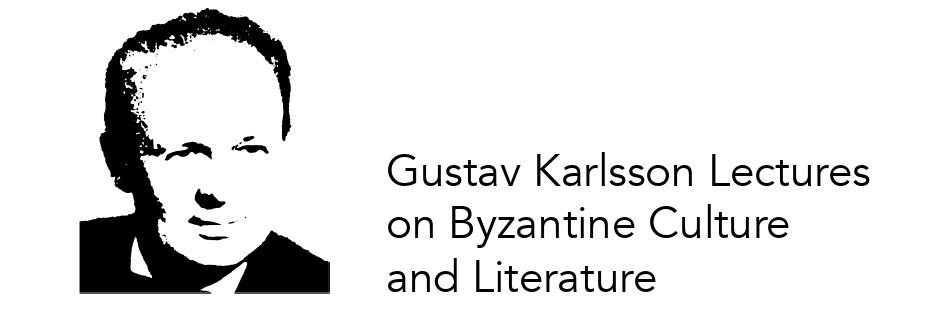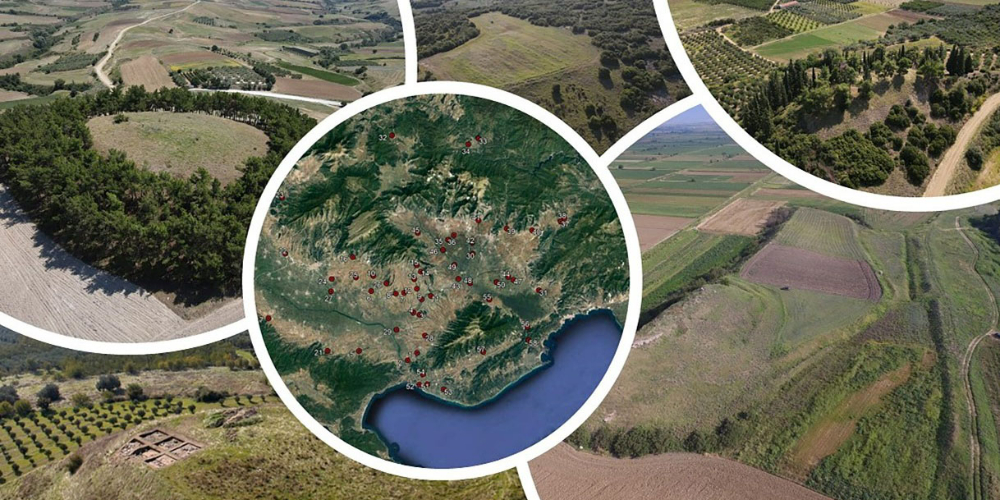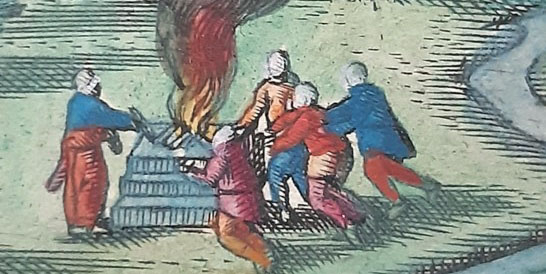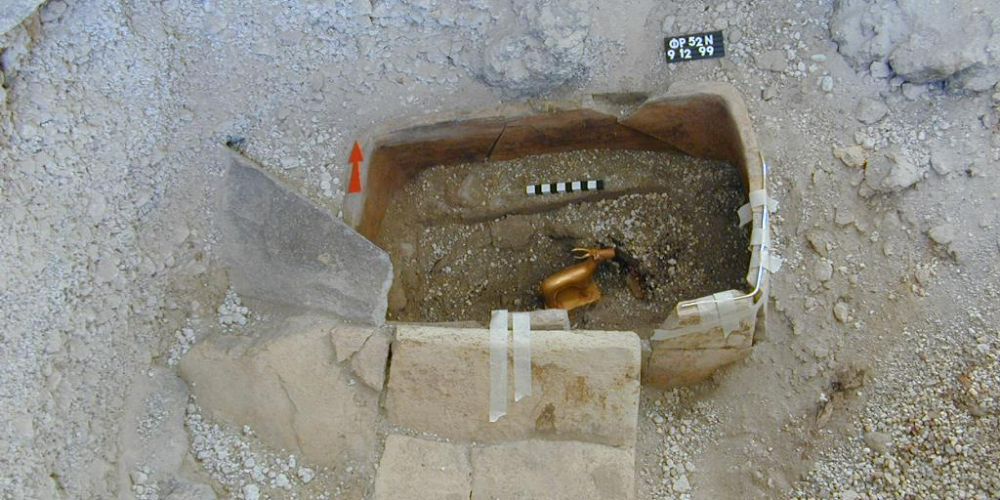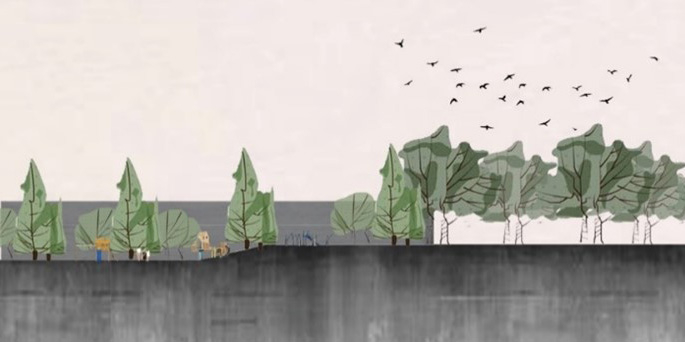Aegean Lecture
Paraskevi Elefanti, ”A tale of two sites: Technological traditions at the Pleistocene to Holocene boundary in Greece, based on evidence from Boila Rockshelter and Kephalari Cave”
Publicerad: 2024-03-27
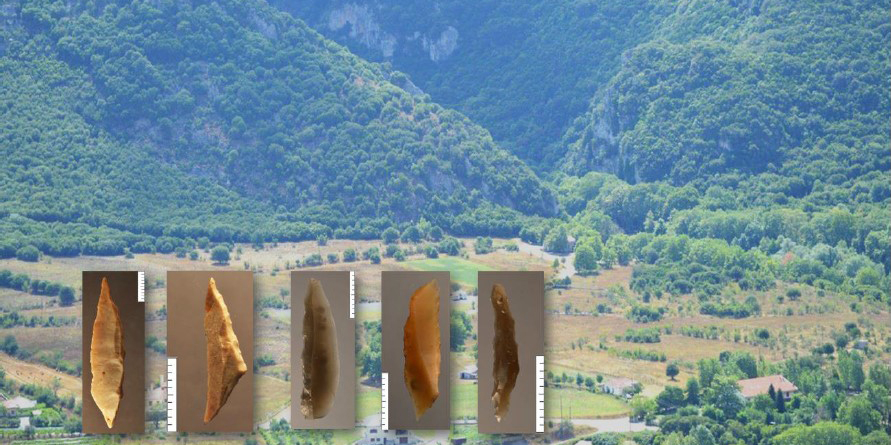
Aegeus och Svenska institutet i Athen välkomnar er till föredraget
A tale of two sites: Technological traditions at the Pleistocene to Holocene boundary in Greece, based on evidence from Boila Rockshelter and Kephalari Cave
av Dr Paraskevi Elefanti.
Fredag 29 mars, 2024, kl. 19.00 på Svenska institutet i Athen.
Föredraget kommer att hållas på grekiska.
Overall environmental instability during the postglacial in Greece, in conjunction with possible population growth, led communities at the end of the Pleistocene and early Holocene to develop a variety of adaptation strategies, including diet diversification, reduced mobility, seafaring, technological variability, and expansion into novel environments. In terms of chipped stone industries, a distinction in technological traditions has been suggested between continental Greece and the Aegean islands. In the former, the origin of the Mesolithic has been considered as deriving from Upper Paleolithic technocomplexes, and occasionally as a result of isolation. In the case of the Aegean Islands, the Mesolithic exhibits several differences, including the prominent role of certain tool categories such as notch/denticulates, as well as the rarity of geometric microliths. To evaluate the technological complexity of this transitional period, evidence from two well-studied continental sites is presented, Boila Rockshelter in Epirus and Kephalari Cave in the Peloponnese. The aim is to consider the observed differences and similarities in their chipped stone assemblages, to enable a better understanding as to whether these can be attributed to cultural, demographic, environmental, dietary, or other factors.
Bidogad fil: Abstract

